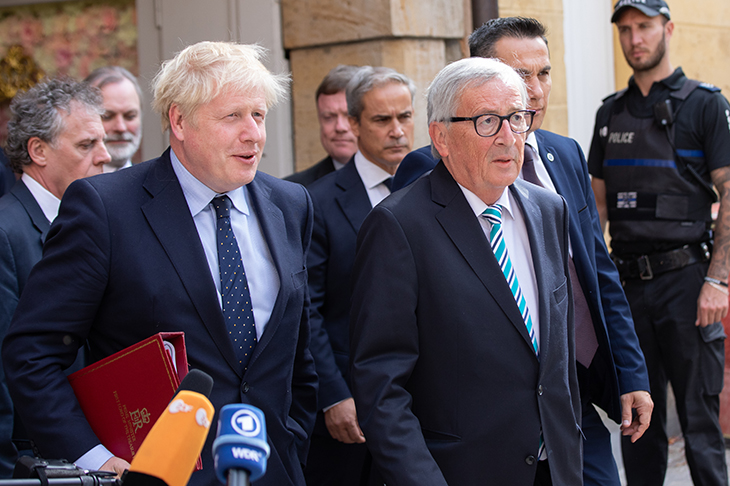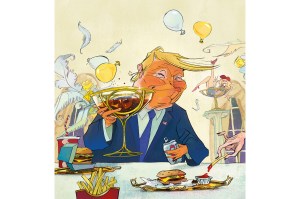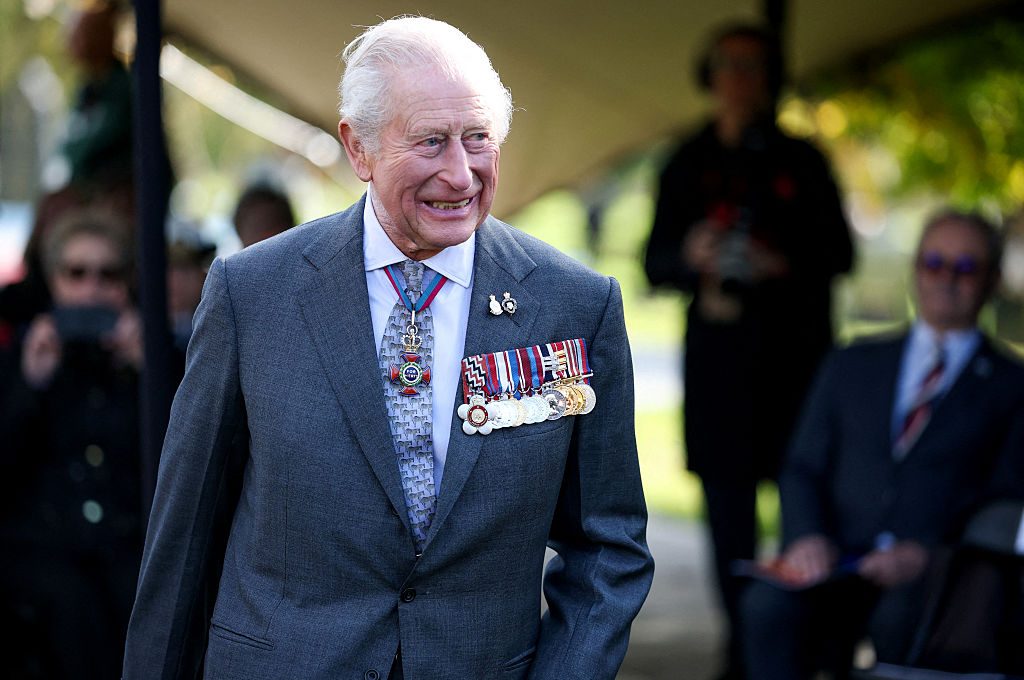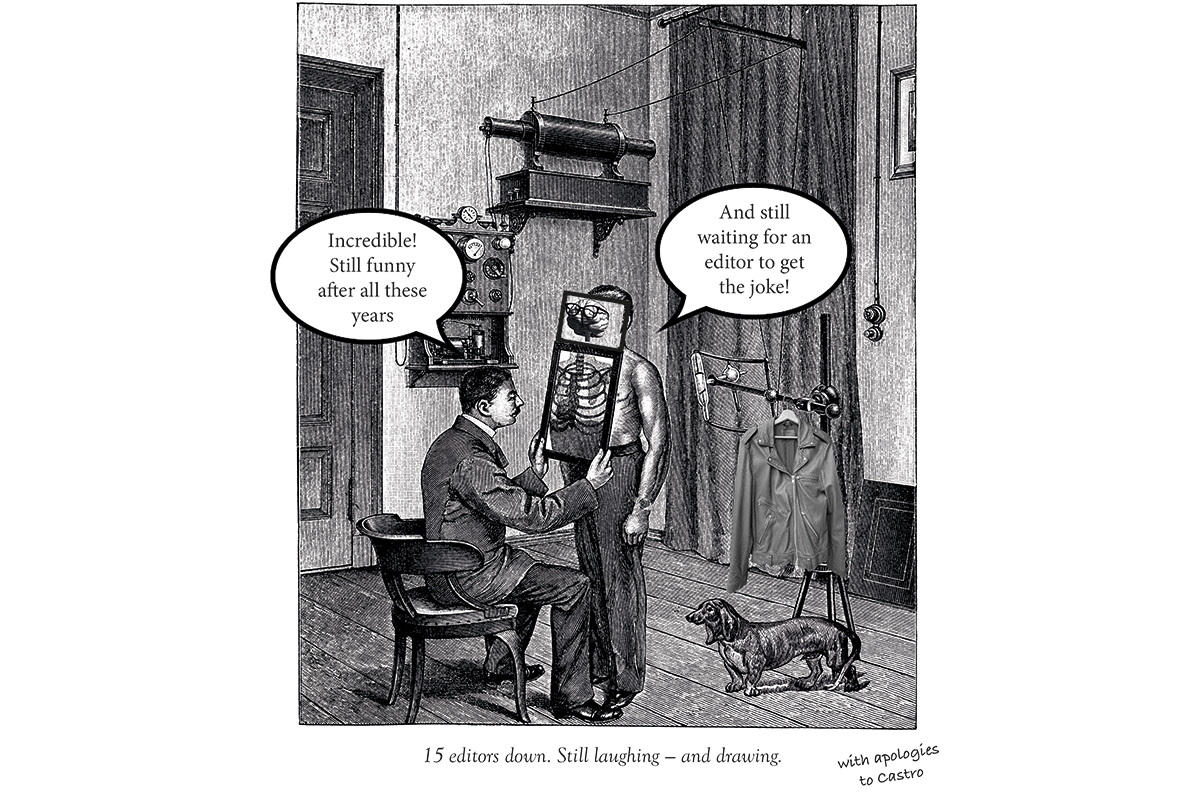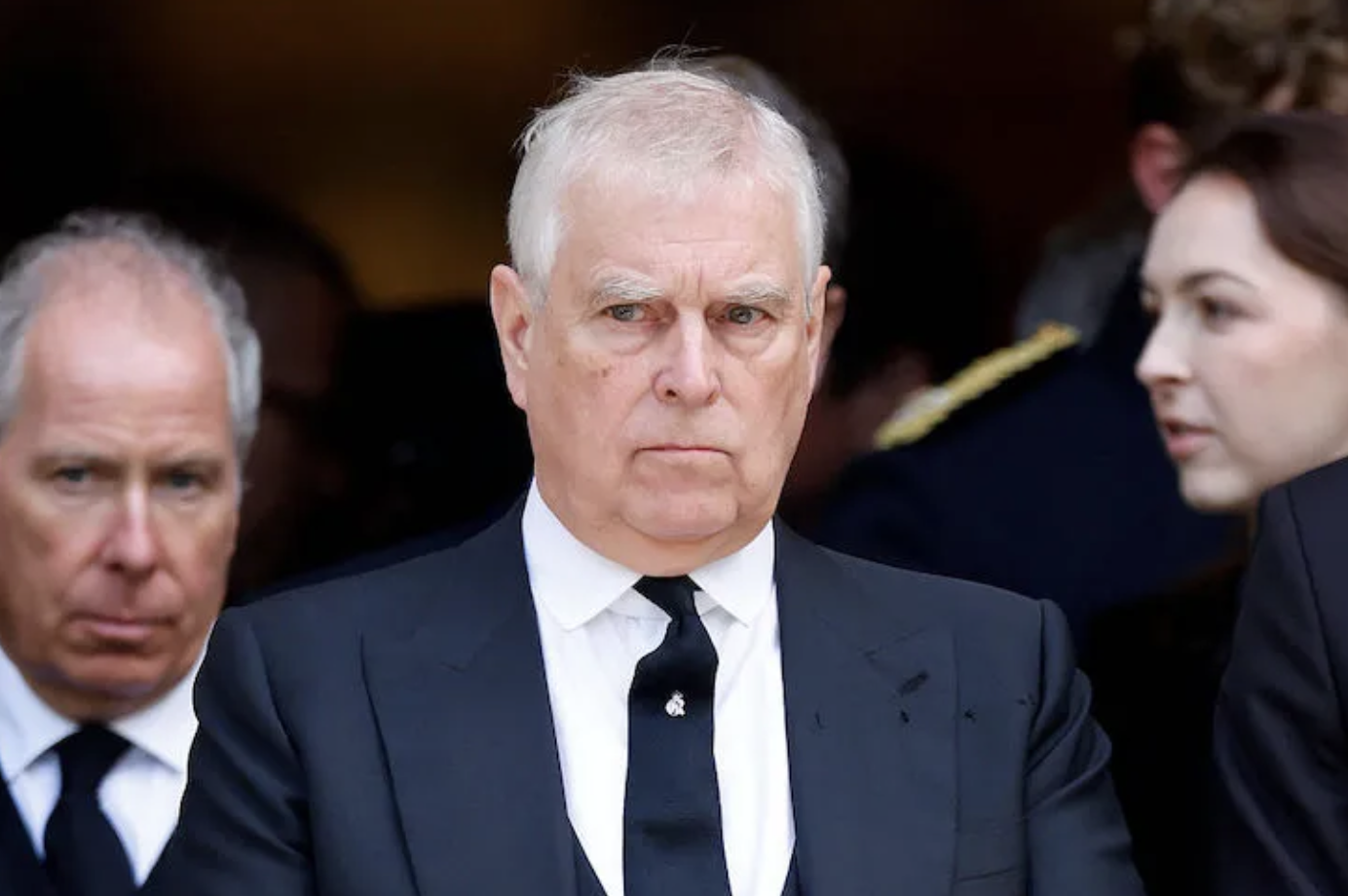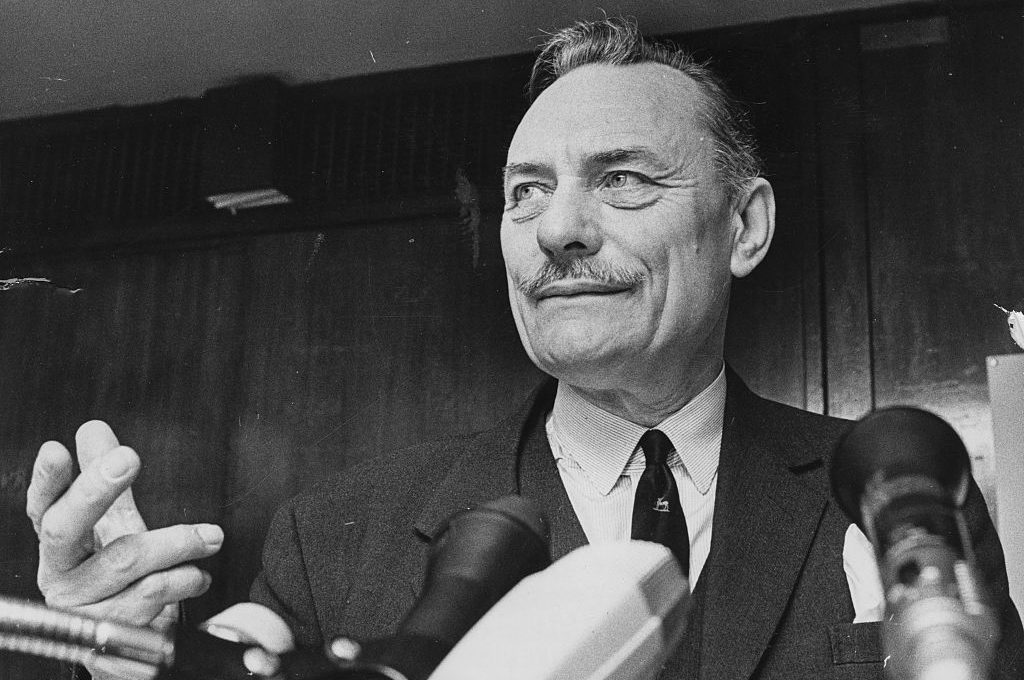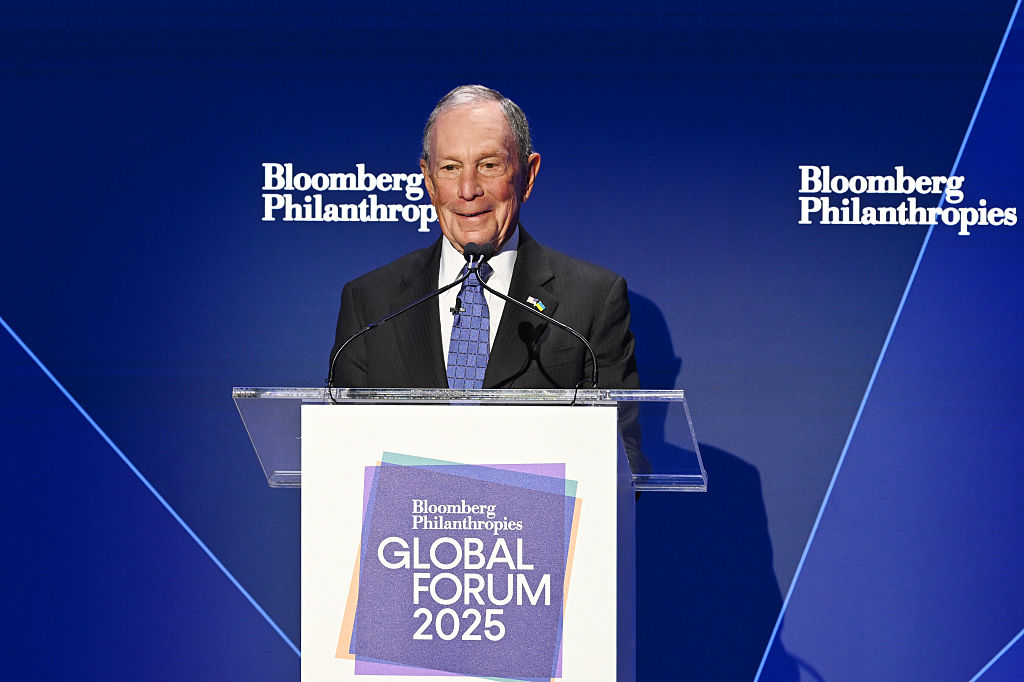One of the reasons why Boris Johnson is British prime minister is that he is an optimist. After the negativity of the May years, the Tory party yearned for some can-do spirit, which he was able to provide. But his relentless positivity has made it difficult to assess how realistic a Brexit deal is. At cabinet on Tuesday he made very bullish noises about the prospects of an agreement being reached. How realistic is this, though?
Johnson told the assembled ministers that he’d had a ‘good lunch’ with Jean-Claude Juncker. There were chuckles. More seriously, he pointed out that the EU had shifted from its prior position, which was that the withdrawal agreement could not possibly be reopened and that only the political declaration could be changed. Michael Gove, one of the cabinet ministers who is most keen on a deal, backed the prime minister on this point. The implication was clear: the EU has dropped one red line so might be prepared to shift on others.
This is at odds with what we saw on Monday — the Luxembourg PM Xavier Bettel’s attempts to humiliate Johnson — but the theatrics of the press conference were of far less importance than Johnson’s lunch with Juncker. Before that lunch, No. 10 was hopeful that it might advance the prospects of a deal. The Democratic Unionist party and the Irish government have shifted their positions to varying degrees, which suggests that there might be a solution to the issue of the Irish backstop.
The movement by the DUP is most significant. If the DUP can accept whatever alternative to the backstop is proposed, and if the EU agreed to it, then a deal would have a good chance of passing parliament. It is hard for an MP to declare that they are objecting to something on Unionist grounds if the DUP are prepared to accept it. All but a handful of Tory Brexiteers would vote for a deal that the DUP could accept; even one of those who sounds most dogmatic in public admits in private that he would fold in behind Johnson in these circumstances.
Another reason to think that a deal would pass if one could be reached is that No. 10 and Brussels are discussing saying that a condition of any agreement is that no further extension will be offered. In other words, if MPs won’t take the deal, it will be no deal. MPs couldn’t use the Benn Act to try to delay Brexit in these circumstances, as no extension would have been offered. Indeed, the only option left for the Stop Brexit crowd would be to attempt to revoke Article 50.
The DUP now say that they won’t accept a ‘tariff border’ between Northern Ireland and Great Britain. What this means is that they cannot accept Northern Ireland being taken out of the customs territory of the United Kingdom, which is what the current backstop risks. However, this no-tariff border position implicitly accepts some kind of regulatory border in the Irish Sea. Currently, this is most relevant to agriculture — one of the few areas where there actually is an all-Ireland economy — yet it is not impossible to imagine how it could be extended to various other sectors. This is particularly the case if a way can be found for Northern Ireland to have a say over these regulatory differences via its own devolved institutions.
I understand that Boris Johnson and Leo Varadkar’s talks last week were predominantly taken up with the issue of how to get the Northern Ireland Assembly back up and running. If that could be done, then certain options open up.
Another reason for optimism is that the mood appears to be shifting in key European capitals. Angela Merkel has long been worried about the geopolitical implications of a no-deal Brexit. Emmanuel Macron has, however, taken a harder line. But the French desire for Brexit to be done and dusted so that the EU can move on is now leading them to a more emollient position. They fear that dragging this out won’t solve anything, and that if the UK did stay in the EU after a second referendum, it would end up causing problems. It could become unsustainable to have the UK as an EU member state if that membership was quite so contested.
The Juncker lunch did not kill this optimism entirely, but it didn’t exactly bolster it. Optimists on the UK side note that Juncker was more open to compromise than the EU’s chief negotiator Michel Barnier, pushing back on him at various points in the discussion. The lunch did not, though, advance the prospects of a deal. The Juncker position was, in essence: you have to persuade Dublin that your plan can work and you have to put something in writing.
The UK knows that it can currently only meet two of the EU’s three conditions for an alternative to the backstop; it thinks it can satisfy the demand that there will be no border infrastructure that is incompatible with the Good Friday Agreement, and the need to protect the integrity of the EU single market; but it cannot meet the insistence on no checks on the island of Ireland. It reasons that there is no point in putting forward detailed proposals until the EU has shifted on this point.
The obstacles to a deal mean that the odds are still very much against it. If there isn’t an agreement, then Boris Johnson finds himself snared by the Benn Act, which requires him to seek an extension on October 19 if there is no deal. No. 10 remains adamant that he will not do this.
If Boris Johnson did seek to test the law, the crunch in timings would mean that parliament would almost certainly have to vote him down in a confidence vote and replace him as prime minister to be certain of securing an extension before October 31. This would not be the worst backdrop to a general election for Boris Johnson, given his strategy to try to unite the Leave vote. He would enter the campaign as the man who hoped to deliver Brexit by October 31 only to be brought down by parliament. There are, however, huge risks in ceding the office of prime minister to the opposition. As one cabinet minister puts it, ‘Once you have gone out, it is very hard to get back in.’
Boris Johnson has long believed that he would be able to get changes to the withdrawal agreement and a Brexit deal. It is the simplest political solution for him. Parliament, though, has weakened his hand.
He must now rely on the EU’s desire to end this saga, as much as anything else, to secure a deal.
This article was originally published in The Spectator’s UK magazine. Subscribe to the US edition here.



